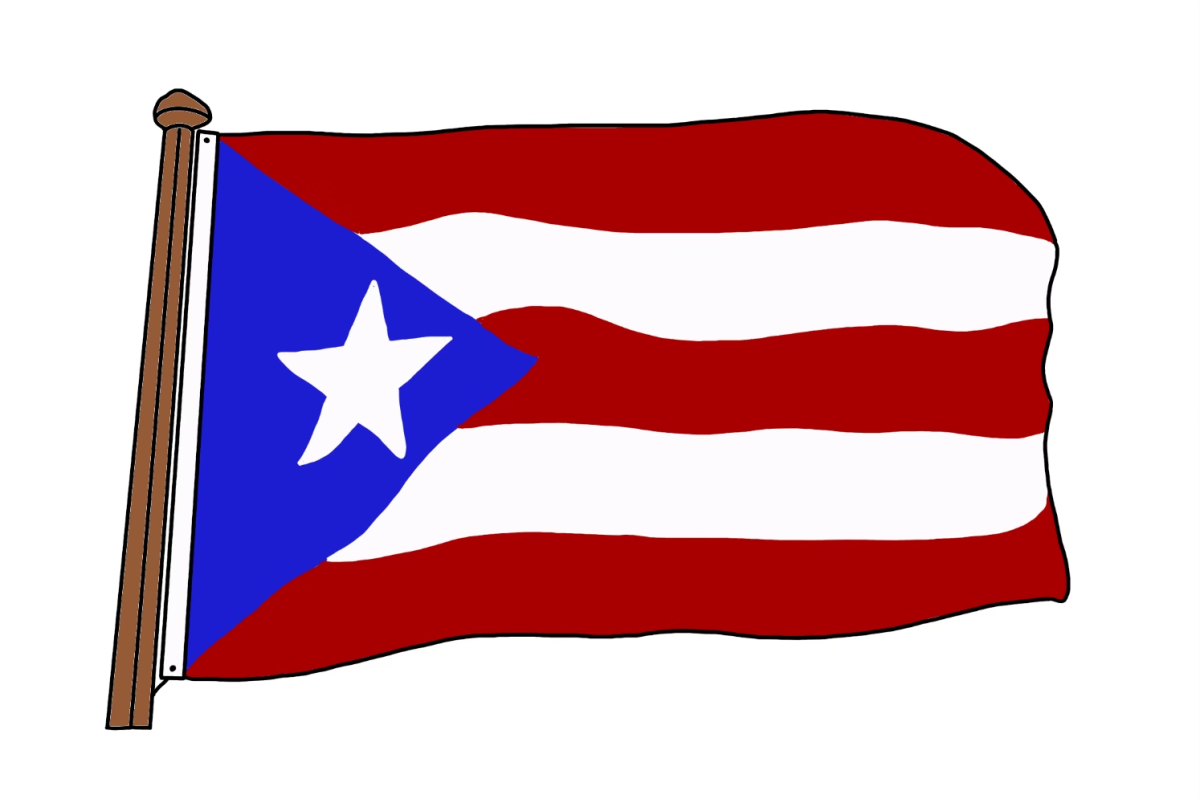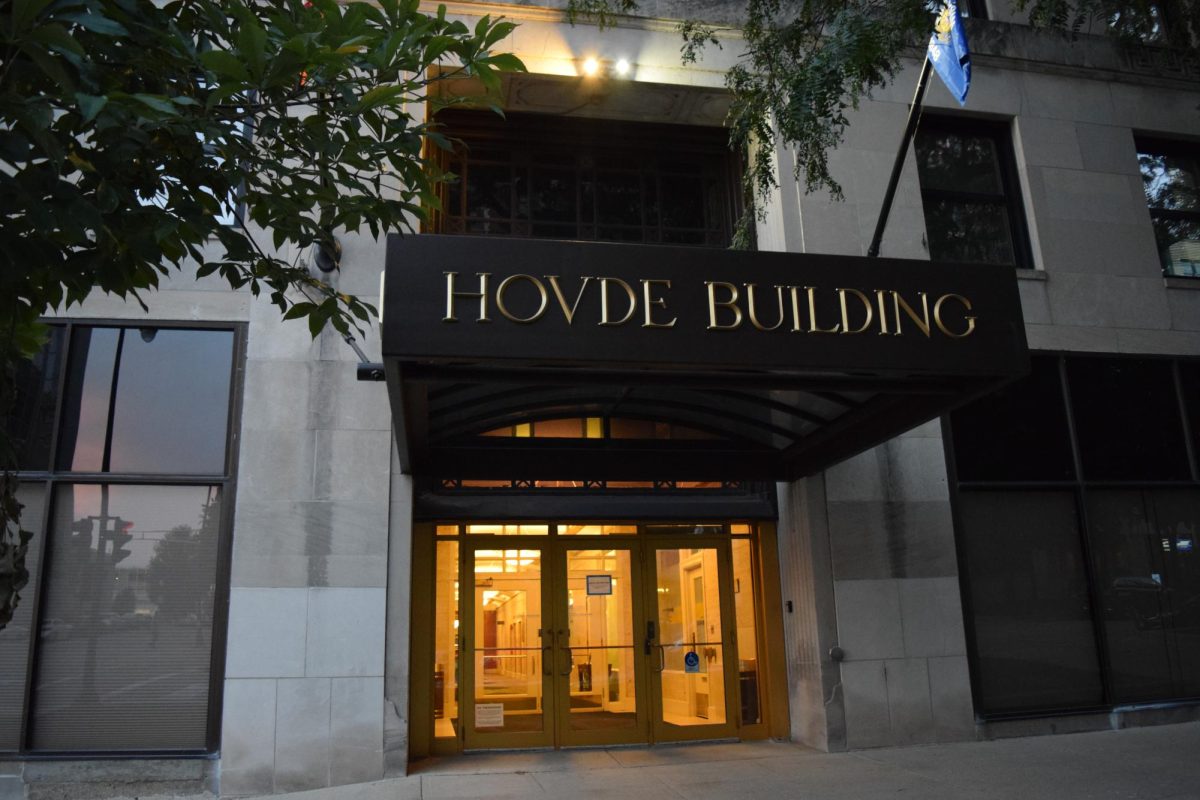The Wisconsin Senate Judiciary, Corrections and Privacy Committee rejected a bill to repeal the minimum markup on gasoline Tuesday, at the Capitol.
The bill, with state Sen. David Zien, R-Eau Claire, as its head sponsor, called for the minimum markup to be replaced by a new gas pricing system in which prices can only be marked up by either 6 percent or 8 cents — depending on which is less — over the cost.
After a summer of record-high gas prices and the destruction of oil refineries by Hurricane Katrina, several state legislators have made attempts to bring down the cost of gas.
"We are in a crisis situation with the rising cost of gasoline — something has to be done to provide some measure of relief," Zien, who is also a committee member, said in a release. "We can't impact what just happened nationally with Hurricane Katrina or internationally with foreign imports, but we must do what we can to help Wisconsin citizens."
Aimed at curbing gas prices, the bill mirrored similar legislation passed in Minnesota.
At present, Wisconsin law mandates wholesale gas suppliers apply, at a minimum, a 3 percent markup and gas retailers must add, at least, a 6 percent markup.
With current gas prices, the six percent markup translates to about 20 cents, said John Hogan, Zien's chief of staff.
"Right now, when gas is over $3 a gallon in Minnesota, retailers there are capped at 8 cents," Hogan said.
State Sen. Fred Risser, D-Madison, one of the three committee members to vote against the bill, said he was concerned about what would happen not only to small gas retailers, but to competition in the market, as well.
"If you repeal the law, what is apt to happen is the large companies will push out smaller ones," Risser said.
In the short term, consumers would see a slight dip in gas prices, he said. However, in the long-term gas prices could surge if competition in the market disappears.
Gas retailers have also expressed concern that large gas retailers could undersell smaller operations to run them out of business and then gouge consumers with even higher prices.
In addition, Risser said the minimum-markup law is not the main effecter of gas prices in the state.
"The oil cartel, refining costs, the price of drilling and speculators on Wall Street are the main things that drive up cost," Risser said. "Not minimum markup."
However, in a letter to committee members, Zien said small gas companies would be protected under certain provisions of the bill.
"This solution would be for the government to mandate that gas retailers mark up their gas prices enough to cover their costs of doing business, ensuring that a large corporation would not be able to sell below their costs," Zien said.
In response to the Senate committee's denial of the proposed legislation, Zien vowed to bring a new bill, similar to the minimum markup repeal bill, to the committee after some reworking, Hogan said.
"If perhaps we can't outright repeal the minimum markup, perhaps we can reduce it," Hogan said.







